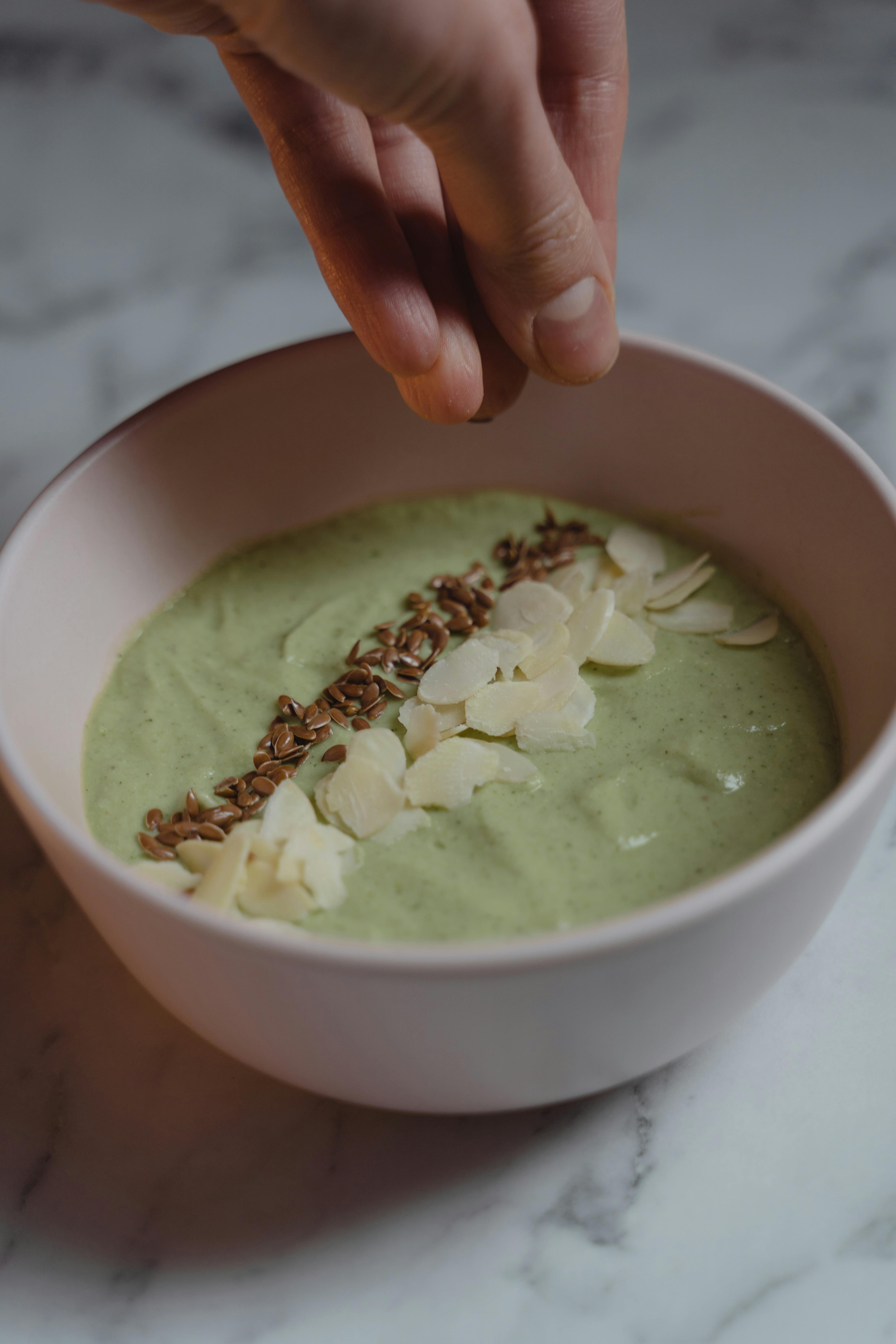Effective Ways to Optimize Your Sumo Wrestler Diet in 2025
Optimizing your diet as a sumo wrestler in 2025 involves adapting to the latest nutritional science while respecting the traditional values that define sumo food culture. The sumo wrestler diet is characterized by a high-calorie intake, emphasizing categories such as protein-rich meals, healthy fats, and carbohydrates. This article will explore a comprehensive sumo diet plan that balances these macronutrients while incorporating hydration strategies and nutrient timing for peak performance. Along the way, we'll delve into the evolution of sumo wrestling food culture, meal preparation tips, and the impact a well-structured diet has on the training regime and overall health of wrestlers.
One of the main aspects we'll cover is how sumo wrestlers manage their weight through a calorie surplus, using energy-dense foods to support their immense training demands. Furthermore, we'll examine how traditional Japanese cuisine influences meal choices and a balanced diet for sumo wrestlers, with practical tips and sumo wrestler recipes to enhance your culinary repertoire. Whether you’re a novice or an established wrestler, this guide will provide effective ways to optimize your diet and fortify your performance.
Key takeaways include understanding the common sumo foods that contribute to muscle gain, the significance of meal timing, and hydration strategies essential for health consciousness in sports. Join us as we navigate the underlying principles that turn food into fuel for success in the world of professional sumo.
Understanding the Sumo Wrestler Diet Essentials
Building on the concept of a calorie-rich diet, it is essential to grasp the foundations of what constitutes a sumo wrestler diet. Understanding the traditional sumo diet highlights the various protein sources, carbohydrate intake, and healthy fats that are indispensable for wrestlers to maintain their strength and body composition. Common ingredients in sumo foods include rice, fish, and seasonal vegetables, which align with the cultural significance of Japanese meals.
The macronutrient breakdown in a sumo diet typically involves a higher calorie intake than standard diets, focusing heavily on protein for muscle repair, carbohydrates for energy performance, and fats for endurance. Let’s dive deeper into each of these food types to better appreciate their roles:
Protein-Rich Meals for Muscle Gain
Protein is an essential component for muscle gain and recovery. Sumo wrestlers often incorporate various natural sources of protein into their meals. Foods such as fish, chicken, tofu, and rich broths provide necessary amino acids to support muscle repair after grueling training sessions. Some wrestlers even utilize protein shakes to meet their elevated protein needs efficiently.
It's crucial to analyze the timing of protein intake, particularly post-training nutrition. Consuming protein within an hour post-training can significantly enhance muscle recovery and growth, a principle well accepted in sports nutrition today.
Carbohydrate Intake for Energy
Although protein is essential, carbohydrates are equally vital in a sumo wrestler's diet due to their energy-boosting properties. Rice is a staple in sumo meals, providing a substantial source of carbohydrates. Wrestlers often consume large portions of rice to maintain optimal glucose and energy levels, ensuring that they can sustain their rigorous training routines.
Incorporating fiber-rich foods, such as vegetables, not only provides essential vitamins and minerals but also aids in digestive health. The right balance of carbohydrates helps maintain energy levels required for both training and competitions.
Healthy Fats for Sustained Energy
The inclusion of healthy fats is another pillar in the sumo wrestler diet. Sources like avocados, nuts, and fish oil provide essential fatty acids that support overall health and lubricate joints, crucial for the high-impact nature of sumo wrestling. Proper fat intake contributes to a balanced diet and aids in calorie cycling for wrestlers aiming to optimize weight for competition.
A careful selection of fats, minimizing trans fats, and emphasizing unsaturated fats will enhance performance while promoting overall well-being. This aspect of the diet not only focuses on energy but also addresses the health benefits of traditional foods, which can drive lifelong health outcomes.
Meal Timing for Optimal Performance
With these essential aspects of the diet established, it’s vital to understand the role of meal timing in optimizing performance for athletes, especially in the demanding sport of sumo wrestling. Properly spaced meals can help maintain energy levels, manage weight effectively, and prevent fatigue during training sessions.
Meal Frequency for Energy Management
The frequency at which sumo wrestlers eat their meals significantly impacts energy levels and performance. By having multiple meals throughout the day, wrestlers can better manage their calorie and nutrient intake, ensuring they stay energized during long training hours. A typical day might consist of three main meals with several snacks incorporated, allowing for steady energy release.
Pre-Competition and Post-Training Meals
Planning meals around training and competition is crucial. Pre-wrestling meal suggestions typically include energy-dense snacks that are easily digestible, such as bananas or rice balls. After a match or intense training, wrestlers focus on post-training recovery foods rich in both protein and carbohydrates to replenish lost nutrients.
This consistent approach not only aids in immediate recovery but also helps athletes prepare for subsequent training sessions.
Hydration Strategies for Wrestlers
Staying hydrated is essential for performance and recovery. Sumo wrestlers should focus on maintaining proper hydration levels throughout the day, particularly before and after training sessions. Incorporating electrolyte-rich drinks can help replace any lost fluids and provide necessary minerals that play a vital role in muscle function.
Effective hydration strategies, integrated with meal planning, ensure athletes maintain peak performance during competitions and training.

Exploring Common Sumo Foods and Meal Preparation
The cultural significance of sumo foods is deeply rooted in the traditions surrounding sumo wrestling. Understanding common sumo foods offers insight into what fuels these incredible athletes, drawing heavily from ingredients and dishes embedded in Japanese cuisine.
Traditional Sumo Recipes
Sumo wrestler recipes often feature hearty ingredients that are both nourishing and fulfilling. Chanko-nabe, a traditional sumo stew, is known for its hearty ingredients, including chicken, fish, vegetables, and tofu. This dish is not just a staple food but also a communal meal that reinforces the culture of sumo.
These recipes can be adapted for home preparation, emphasizing the importance of cooking methods that retain nutrients while being flavorful.
Diverse Meal Options for Variety
To prevent monotony in the diet, wrestlers are encouraged to diversify their meal options. Incorporating seasonal produce and rotating proteins can help keep meals exciting while meeting nutritional goals. It is also essential to be mindful of portion control, ensuring that meals are substantial without leading to excessive weight gain outside training needs.
Additionally, cheat meals can be a part of the diet to satisfy cravings while still adhering to the overall nutritional plan required for performance enhancement.
Meal Preparation Tips for Busy Athletes
Effective meal preparation is crucial for wrestlers to ensure they meet their dietary requirements. Preparing meals in advance allows wrestlers to avoid last-minute unhealthy choices and maintain better control over their diet. Batch cooking rice, proteins, and various vegetables, and freezing them for later use makes it easier to stick to the sumo diet plan.
Furthermore, utilizing rice cookers and slow cookers can enhance the efficiency of meal prep while preserving the integrity of traditional recipes.
Sumo Wrestler Health Tips and Nutritional Education
To conclude our exploration of the sumo wrestler diet, focusing on health tips and an ongoing commitment to nutritional education can significantly impact performance and longevity in the sport. This is especially crucial in understanding the psychological effects of diet on mental focus and overall health.
Maintaining Weight and Body Composition
Managing body mass is a delicate balance that involves careful dietary choices, regular training, and a holistic approach to health. Wrestlers should be attuned to their bodies, adjusting calorie intake based on their training cycles and competition schedules.
As wrestlers gain experience, they gain strategies for maintaining weight categories and understanding their specific nutritional needs.
Consulting with Nutrition Experts
Consulting with sports nutrition experts can provide invaluable insights tailored to individual athletes. Nutrition advice for sumo wrestlers tailored to their specific needs can help optimize their diet for maximum performance, helping to identify nutritional deficiencies early and making adjustments as necessary.
Encouraging a Healthy Lifestyle
Finally, adopting a holistic approach to health, emphasizing good mental health along with physical strength through diet, can set a solid foundation for success. Sumos can thrive by following nutritional trends while also respecting their traditions, leading to a fulfilling and successful athletic career.

Q&A: Common Questions about Sumo Wrestler Diets
Addressing common queries regarding sumo diets helps clarify important aspects of nutrition in sumo wrestling.
What are the primary components of a sumo diet?
The primary components include high-calorie foods, protein-rich meals, carbohydrates, and healthy fats. These ingredients together provide the energy necessary for intense training and weight management.
How can hydration impact performance?
Hydration plays a critical role in maintaining muscle function and preventing fatigue. Proper hydration before and after workouts ensures athletes can perform at their best during matches.
Are cheat meals allowed in a sumo diet?
Yes, incorporating cheat meals can help satisfy cravings and contribute to psychological well-being, as long as they are balanced with the overall nutritional strategy.
What role does timing play in a sumo wrestler's diet?
Meal timing, particularly aligning meals around training schedules, is essential for fuel and recovery. Consuming meals at regular intervals throughout the day can help maintain energy levels.
How important is cultural significance in sumo diets?
The cultural significance of sumo foods enhances the community aspect of the sport, with traditional dishes like chanko-nabe playing a crucial role in the daily diet of sumo wrestlers.
